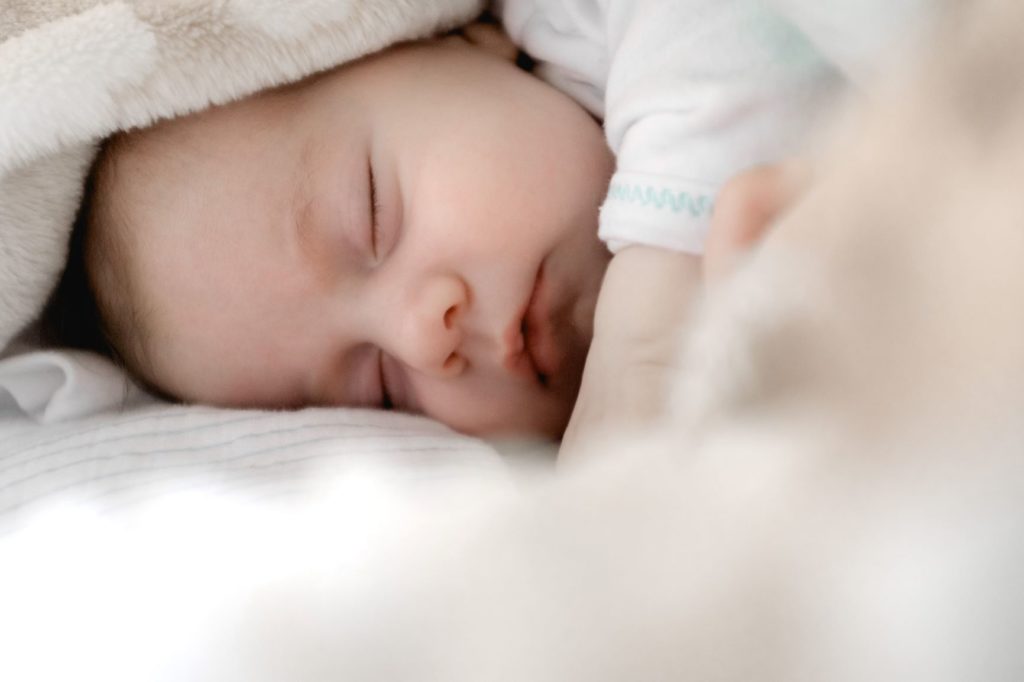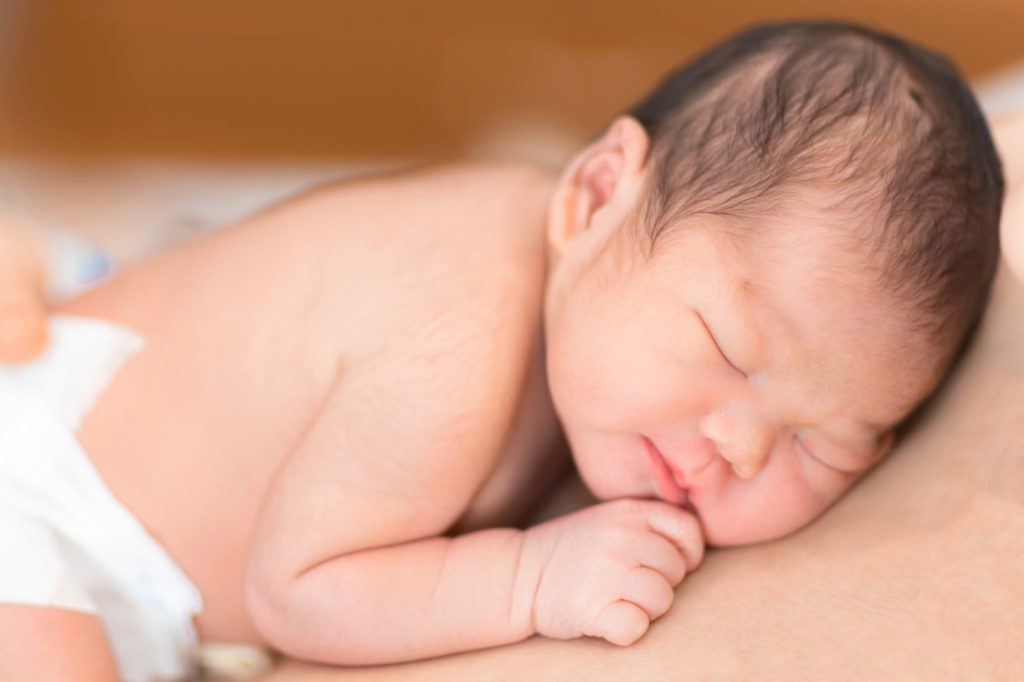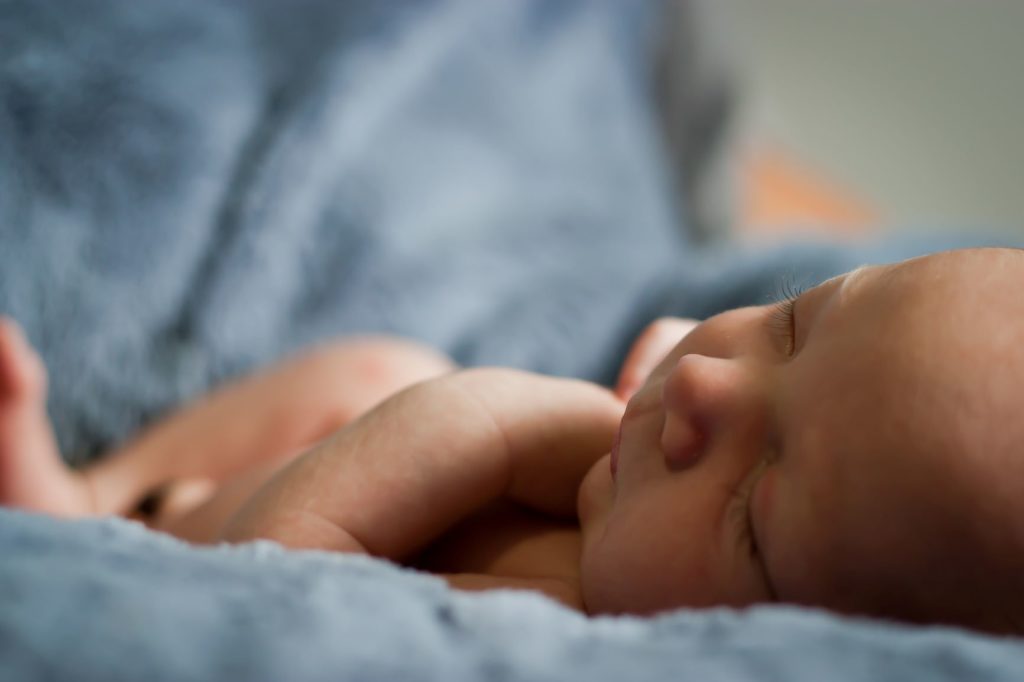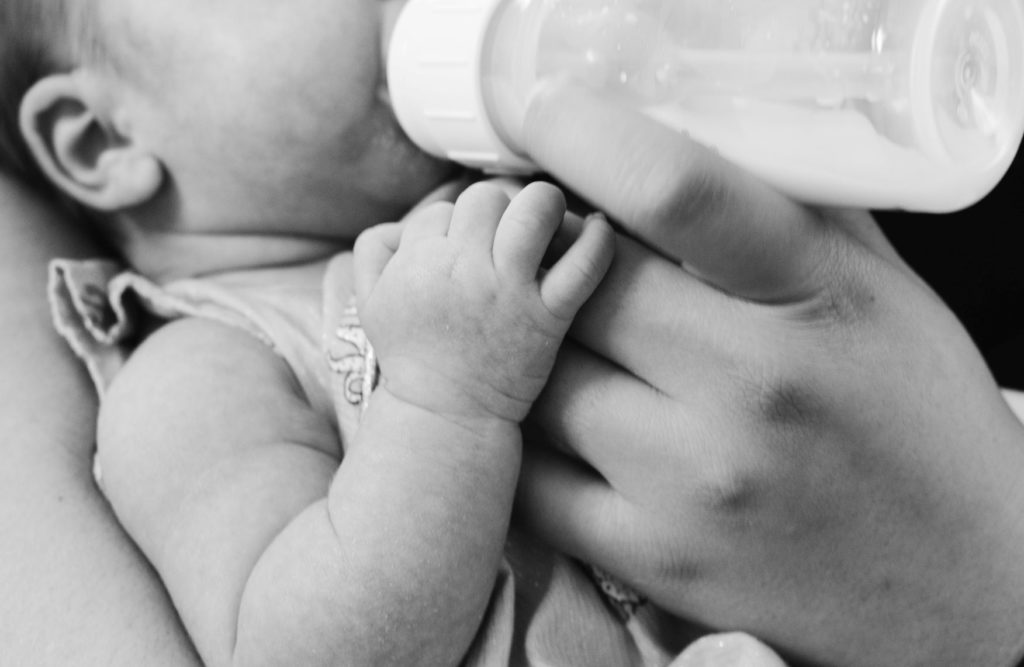
CRITICAL HEALTH & SAFETY DISCLAIMER
mothernity.co.uk is a platform for informational and educational purposes only. This content is based on general research and experienced parent insight and is NOT a substitute for professional medical advice, diagnosis, or treatment. Always seek the advice of your qualified healthcare provider (GP, midwife, or consultant) with any questions you may have regarding a medical condition or before making changes to your health plan or treatments. Never disregard professional medical advice or delay seeking it because of something you have read here.
Say goodbye to the adage “sleeping like a baby” – don’t let anyone fool you with that notion. As you’re likely discovering, a baby’s sleep is far from tranquil. As a new mother, you’ll often find yourself wondering about the normalcy of things, especially when your baby emits various sounds during sleep, beyond the expected crying. Yet, a more crucial question arises: What do these sleep-related sounds your newborn produces mean?
Throughout their developmental stages, babies can experience a range of sleep-related moments that affect their nocturnal activities. During these periods, they may wriggle, growl, cry, sneeze, squeak, and more. But which of these sounds are within the bounds of normalcy, and which warrant attention?
What newborn sleeping sounds are to be expected?
- Stuffy nose – Babies primarily breathe through their noses, and owing to their small nasal passages and the presence of protective mucus, their breathing can sometimes be quite audible. As long as their overall well-being is intact, there’s usually no cause for concern. However, if you suspect a genuine cold (a rarity in infants), it’s wise to consult your GP.
- Sneezing and whistling – Frequent sneezing and whistling are common due to infants’ compact nasal passages and their reliance on nose-breathing. Occasional instances are normal, but if the frequency worries you, consulting your healthcare professional is advisable.
- Burping, hiccups, and belching
- Coughing – Occasional coughing may stem from various factors, including reflux, milk, saliva, or mucus. If persistent, try burping your baby, as this might provide relief.
- Periodic breathing – While this might cause concern, it’s relatively common in newborns. During their initial month, babies might pause their breathing momentarily and then resume with a quickened cycle. As long as their colour remains unchanged and no other worrying signs are apparent, things are usually fine. If in doubt, seeking medical advice is sensible.
- Passing wind, gurgling, growling, grunting.
When should you be concerned?
- Your baby turns blue or purple.
- Breathing appears laboured.
- Fever accompanies breathing difficulties or digestive problems.
- Congestion severely impedes breathing.
- Breathing halts for extended periods, or rapid breathing persists for over 60 seconds.
REM sleep takes precedence
What does this signify? During their first half-year, babies dedicate a substantial portion of sleep to REM (almost 50%). In this lighter sleep phase, breathing accelerates, and heart rate increases. Additionally, their eyes may flutter beneath closed lids.
Sleep transitions
Newborns usually follow an approximately 50-minute sleep cycle marked by frequent shifts between sleep states. During these transitions, babies might create noises, shift positions, and require your attention. As infants lack self-soothing skills, they may call for your help when awakened, often due to startles or wakefulness, to facilitate their return to slumber.
Is hunger the culprit?
Restless movements during sleep can signal hunger. Hungry babies often engage in fist-sucking and whimpering, signalling their need for nourishment.
Go to Essentials | Visit the Baby page for more routine and care advice.



